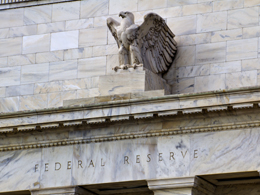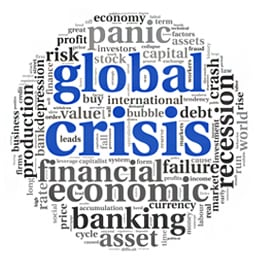Thursday was rough for financial markets, especially here in the U.S., and it looks like the damage is continuing elsewhere in the world today. As I write this, Asian and European markets are down, with China getting hit particularly hard, and U.S. markets are off slightly.














